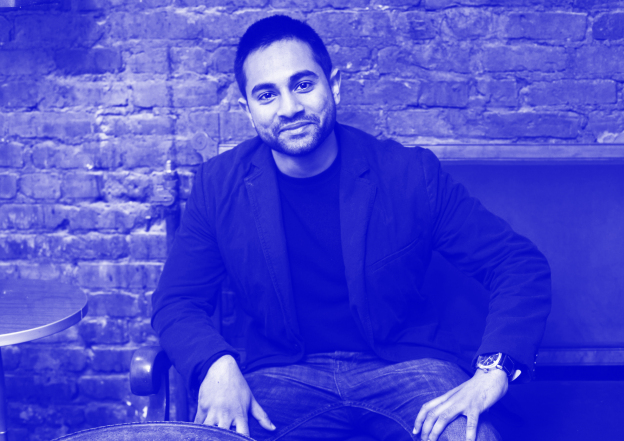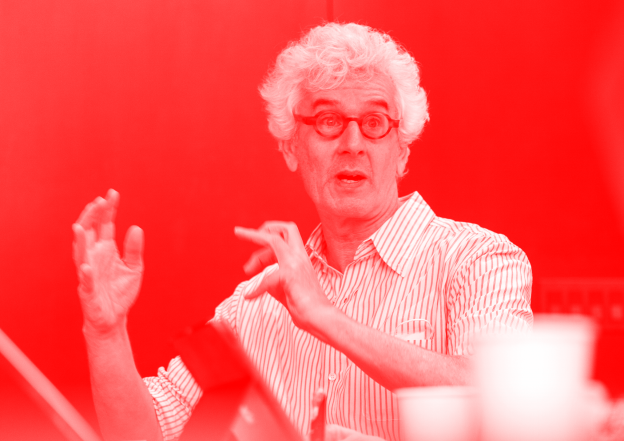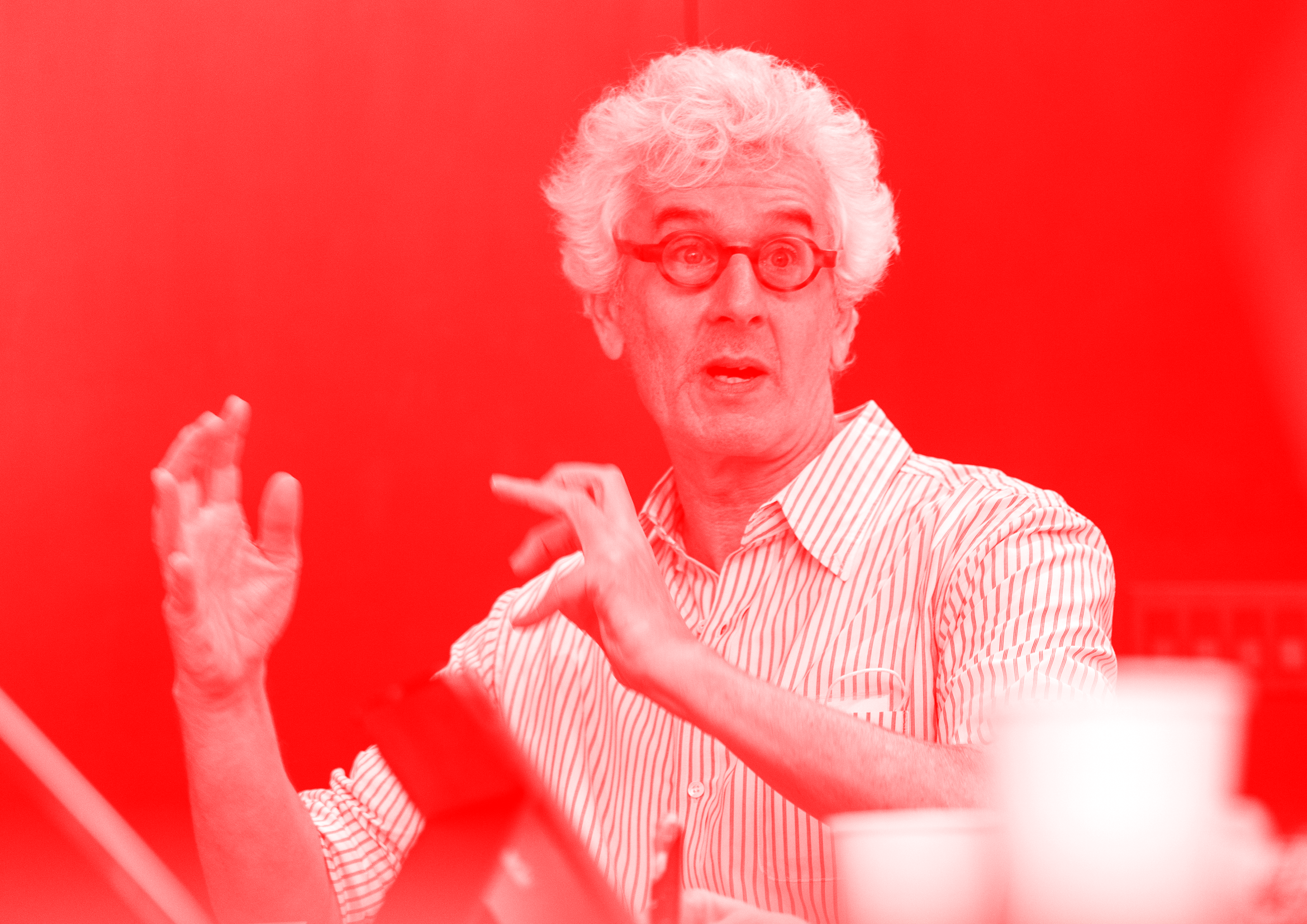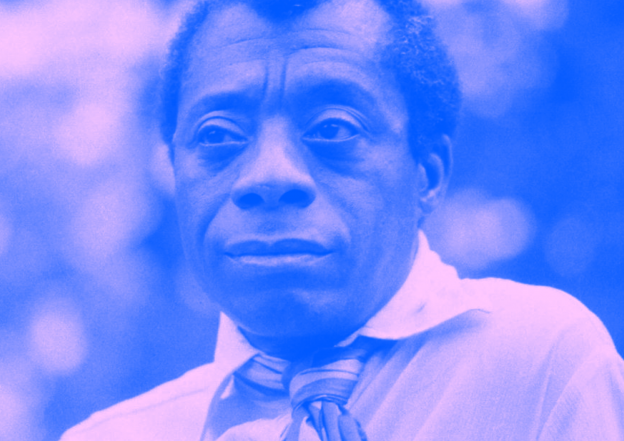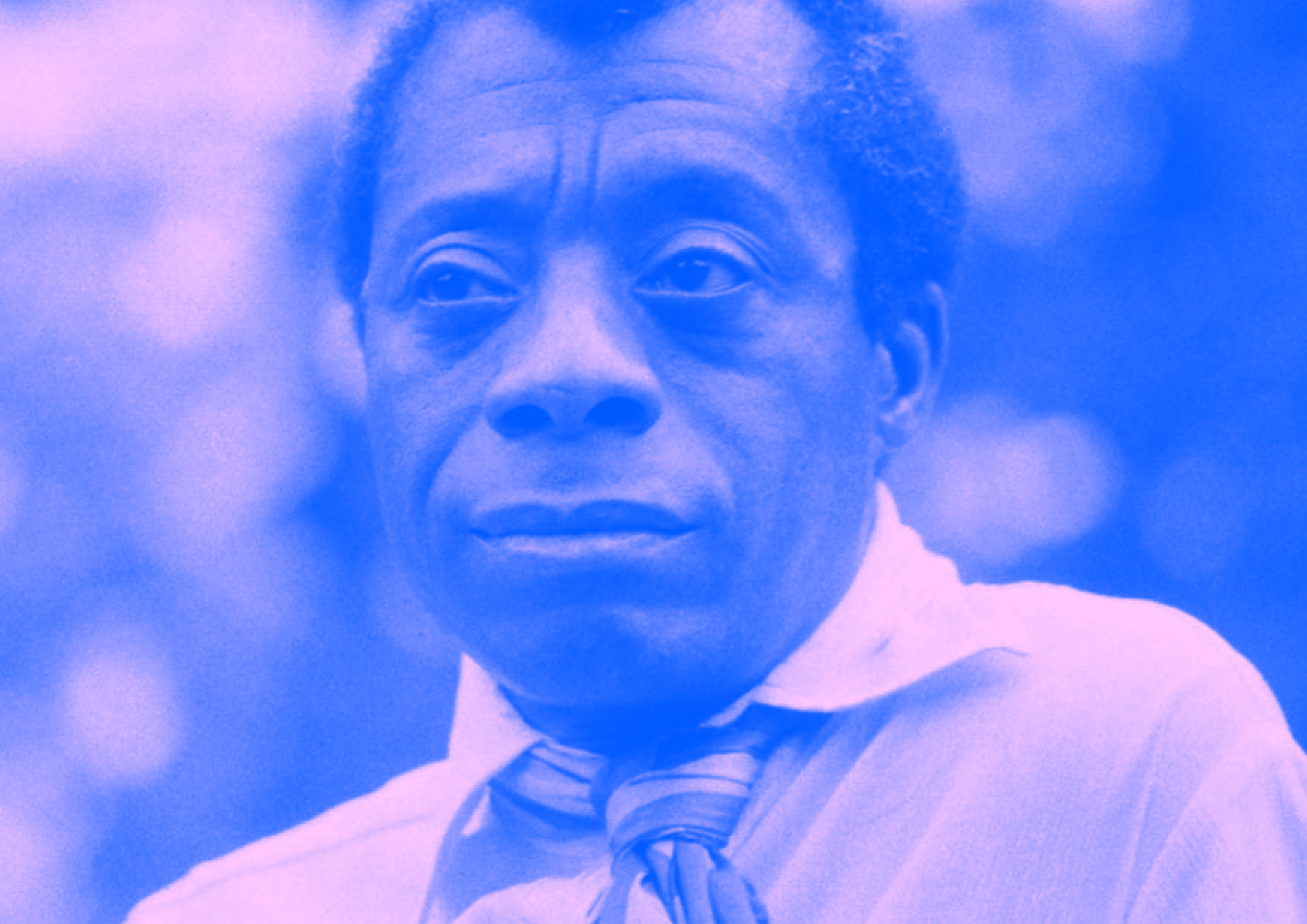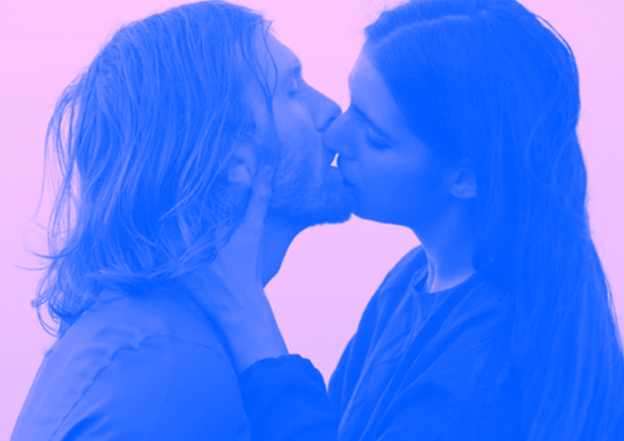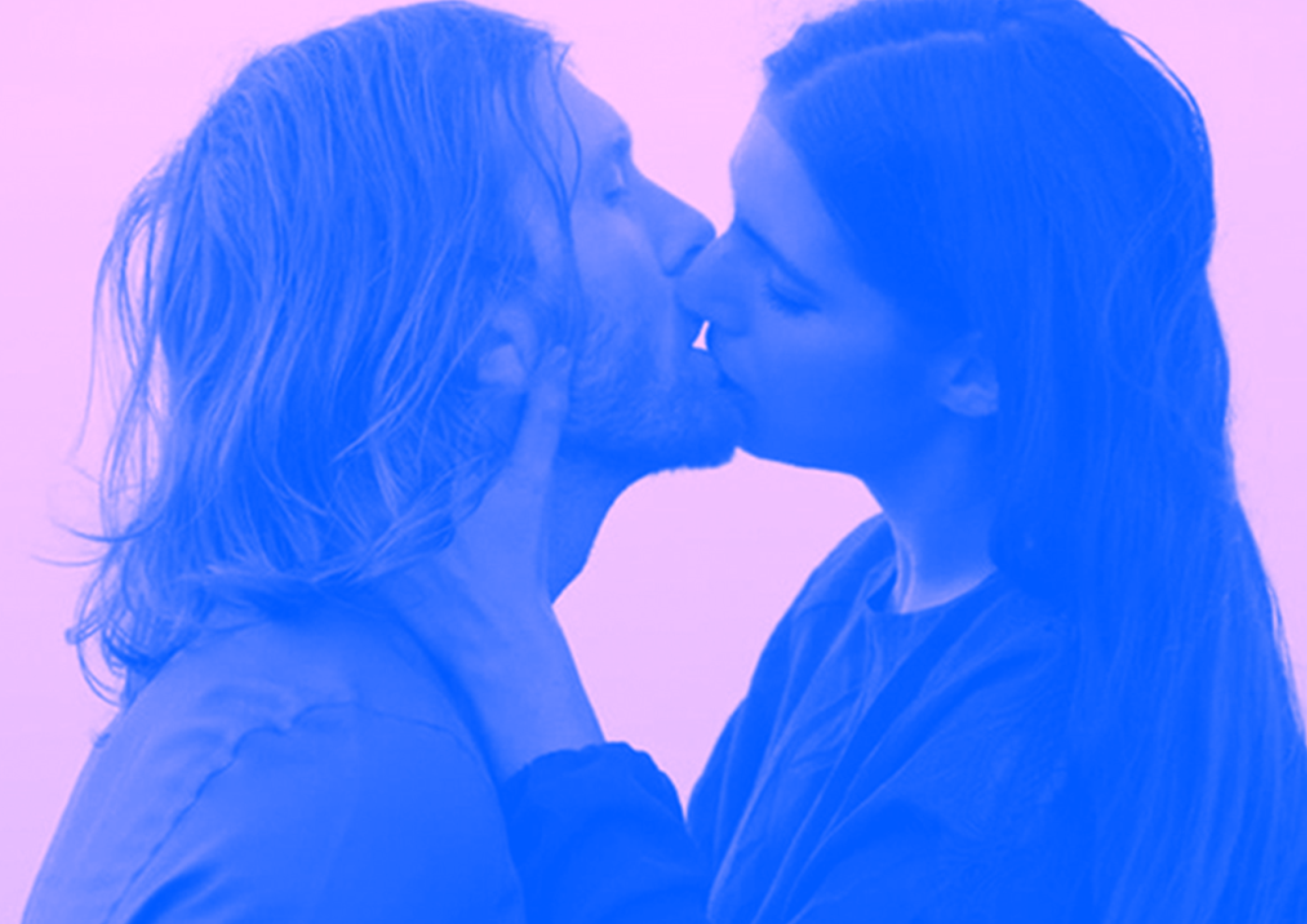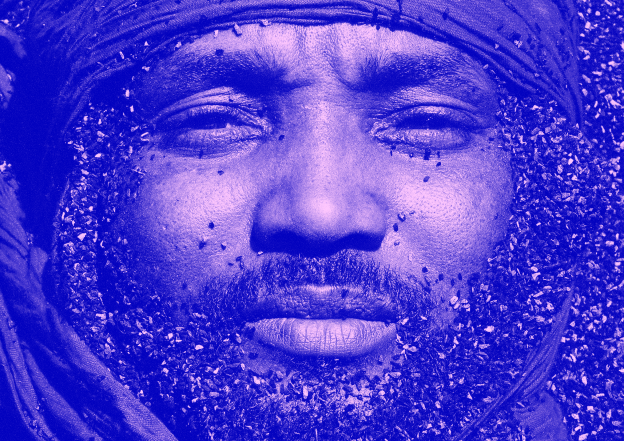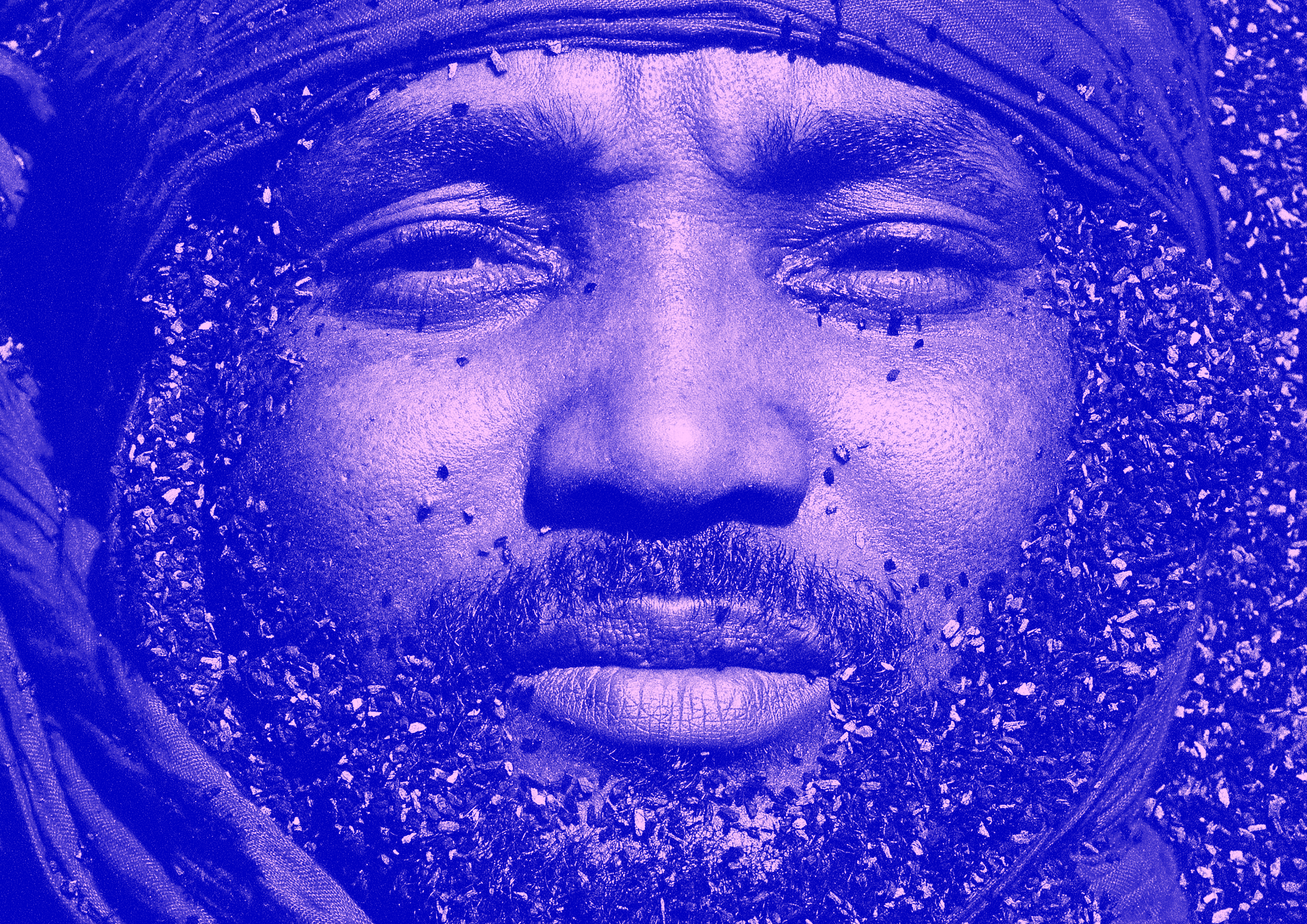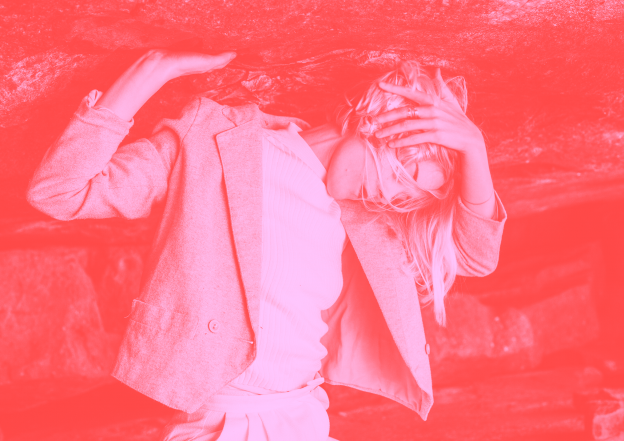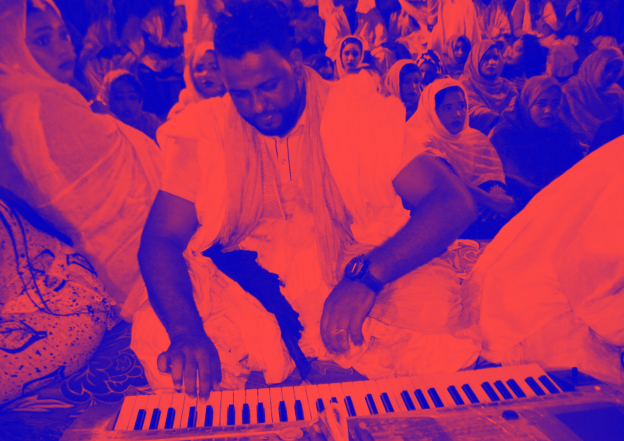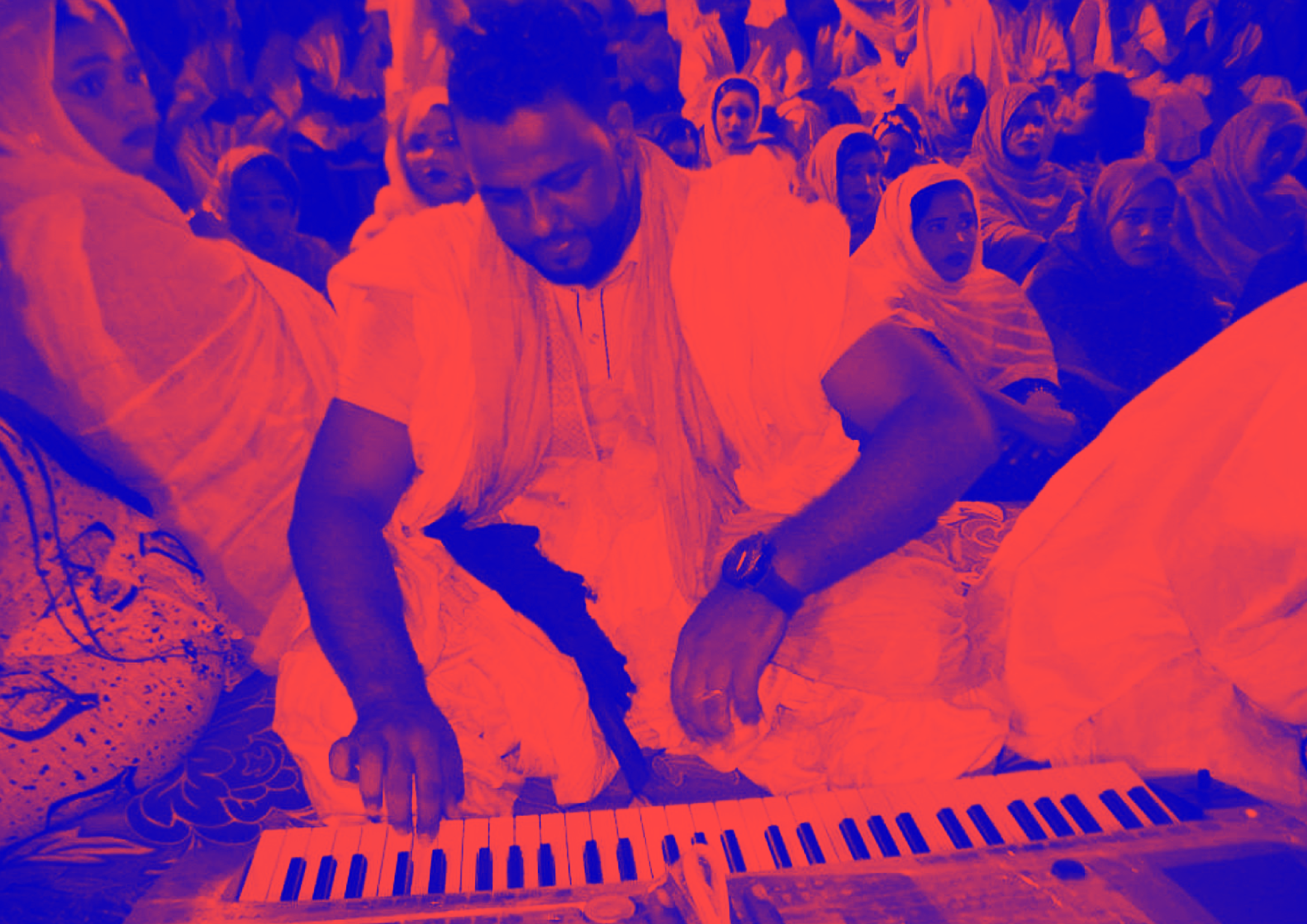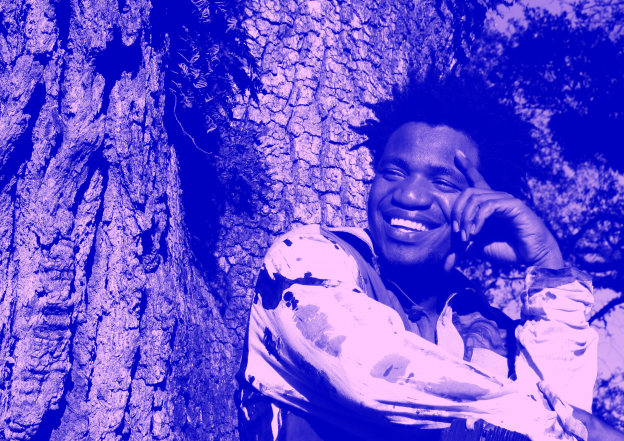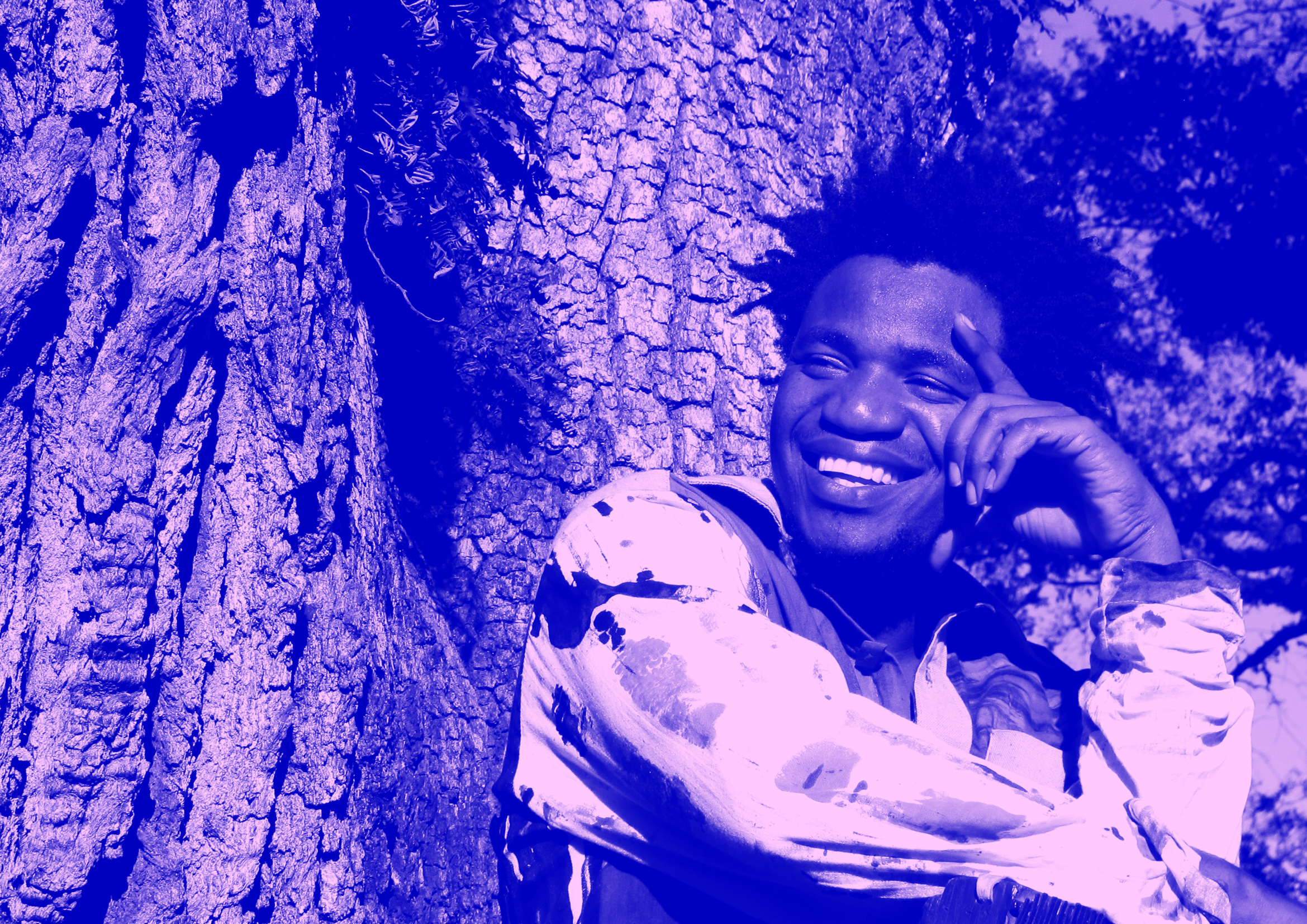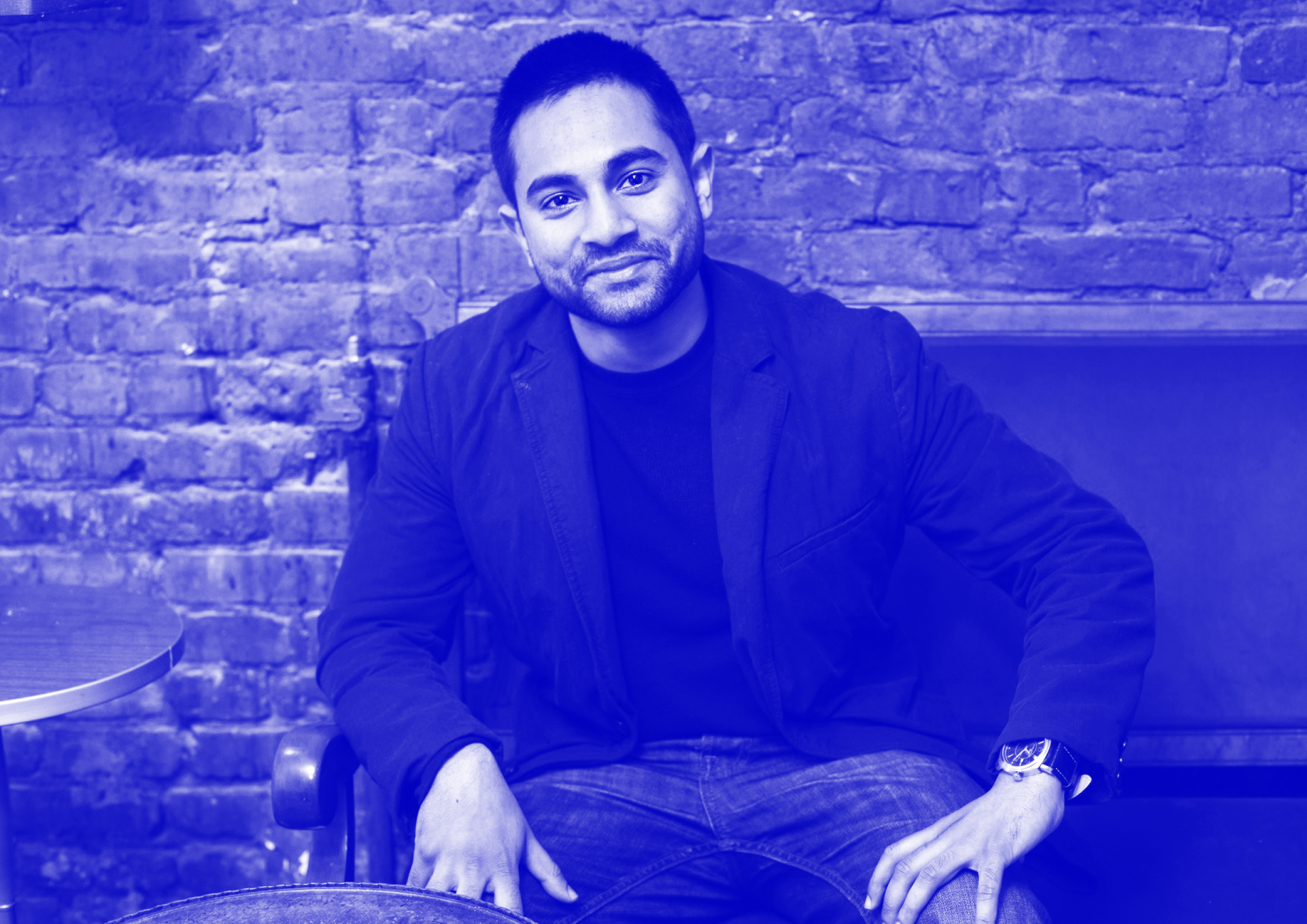
Radical politics in a time of extreme inequality: in his new book The Socialist Manifesto, Bhaskar Sunkara explores the history and future of socialism, showing that socialism is not just an economic system but a weapon against all forms of oppression, including racism and sexism. According to Sunkara, the ultimate goal is to give everyone the right to healthcare, education, and housing, and to create new democratic institutions. In a lecture at the Museum of World Culture, Sunkara will present some of the historical and contemporary themes dealt with in the book. Bhaskar Sunkara is the founding editor and publisher of the journal Jacobin. Moderator: Lovisa Broström, PhD, researcher at the Department of Social Work at the University of Gothenburg. Arranged in collaboration with Tankekraft and the Museum of World Culture.
